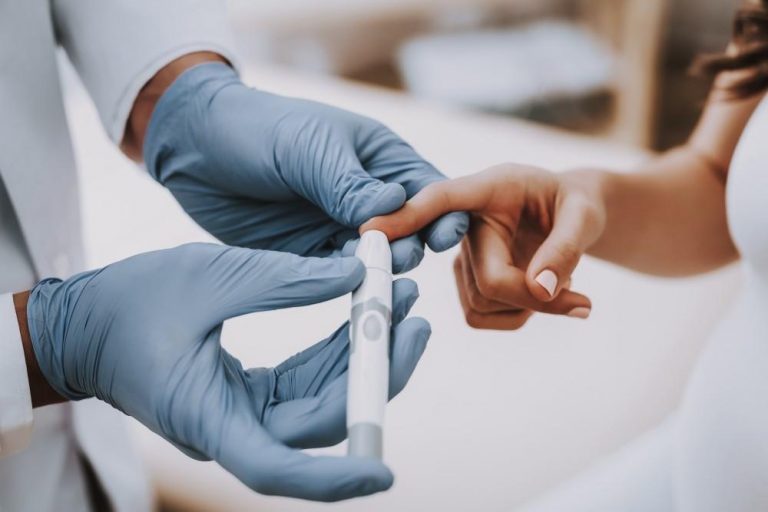If you’re like most people, you probably don’t think about getting screened for diabetes until it’s too late. By that point, you may have already developed the disease and require more intensive treatment. In this article, we will discuss the complications of diabetes and why screening is important.
First of all, why is screening for diabetes important? According to the CDC, about 1 in 10 American adults have diabetes and 1 in 4 don’t even know they have it. Getting screened and diagnosed early can lead to better management of the disease, preventing or delaying potential complications such as heart disease, stroke, kidney disease, and vision loss.
Heart Disease
About 1 in 3 adults who have diabetes die from heart disease or stroke. People with diabetes are also more likely to have other conditions that make heart disease more likely, such as high blood pressure. One way to prevent heart disease is to control your diabetes. You can do this by eating healthy foods, exercising regularly, and taking medicine if prescribed by your doctor. By keeping your blood sugar at a healthy level, you can reduce your risk of developing heart disease.
Kidney Disease
Over time, high blood sugar can damage the kidneys, leading to kidney disease. Diabetes is the leading cause of kidney failure in the United States, and it is estimated that one in four adults with diabetes will develop kidney disease. There are two types of diabetes-related kidney disease: diabetic nephropathy and type 2 diabetic nephropathy. Diabetic nephropathy is the most common type of diabetes-related kidney disease, and it occurs when the small blood vessels in the kidneys are damaged. Type 2 diabetic nephropathy is less common, but it is more likely to lead to kidney failure. Treatment for diabetes-related kidney disease focuses on managing blood sugar levels and preventing further damage to the kidneys. In some cases, dialysis or a kidney transplant may be necessary.
Vision
Uncontrolled diabetes can also cause vision problems. Diabetic retinopathy can cause vision loss or complete blindness. People with diabetes are at a higher risk for developing diabetic retinopathy, and the longer they have diabetes, the greater their risk. There is no cure for diabetic retinopathy, but early diagnosis and treatment can help to slow its progression and preserve vision.
Nerve Damage
Uncontrolled diabetes can cause nerve damage, which can lead to amputations. One of the most serious complications of diabetes is amputation. Diabetes can cause a number of problems with the feet, including nerve damage, poor circulation, and infections. If these problems are left untreated, they can lead to serious ulcers or sores. In some cases, amputation may be the only way to save a person’s life.
Ketoacidosis
Unmanaged diabetes can also cause diabetic ketoacidosis, a potentially life-threatening condition that occurs when the body begins to break down fat for energy.
Missing or delayed medical appointments can put people with unmanaged diabetes at even greater risk for these and other complications. That’s why it’s so important for people with diabetes to work closely with their healthcare team to keep their condition under control.
Screening
There are two main types of screenings for diabetes – the A1C test and the oral glucose tolerance test. The A1C test measures your average blood sugar level over a period of 2-3 months while the oral glucose tolerance test involves drinking a sugary liquid and then getting your blood sugar levels checked at specific intervals. Both tests can be done at your doctor’s office or a health clinic.
If your screening results show that you have prediabetes or diabetes, your doctor will likely recommend lifestyle changes such as eating a healthy diet and exercising regularly. They may also prescribe medication to help manage blood sugar levels.
Don’t wait until it’s too late – talk to your healthcare provider about getting screened for diabetes today! It could make all the difference in managing or even preventing this serious disease.

